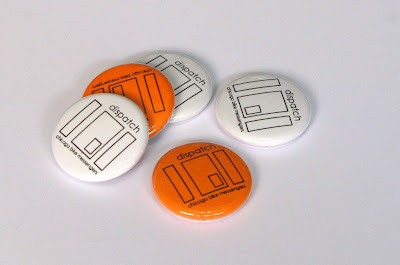 Yojimbo's Track Cats supporters shirt - Available from Yojimbo's Garage, 100% of the purchase price goes to support the Track Cats program.
Yojimbo's Track Cats supporters shirt - Available from Yojimbo's Garage, 100% of the purchase price goes to support the Track Cats program.Similarly, Daniel Miller, in his introduction to the book Acknowledging Consumption, suggests that instead of attempting a general catch-all definition we should understand consumption as a 'dialectic between the specificity of regions, groups and particular commodity forms on the one hand, and the generality of the global shifts in the political economy and contradictions of culture on the other,' (Miller 1995 : 34). Thus, attention must be paid to both the native categorizations specific to local practices of consumption, and the larger global context, while all the time aware of the academic need to 'generalize as a means of analysis,' (Miller 1995 : 31).
Both Miller and Appadurai would also agree that one of the generally important aspects of consumption is its construction, negotiation and expression of meaning. Jean Baudrillard highlights the communicative aspects of consumer goods in his book The Consumer Society, when he says that consumption is no longer defined as 'a fundamental practice of objects or as a mere individual group or prestige function but as a system of communication,' (Baudrillard 1998 : 93). Similarly, Appadurai suggests that consumption is the 'focus not just for sending social messages but for receiving them as well,' (Appadurai 1986 : 31). Miller notes that 'consumer goods commonly serve to communicate social distinctions or reinforce relationships of superiority and inferiority between individuals or groups. They may also be instrumental in creating or confirming an individual’s sense of self or personal identity -- people have found that an identity constructed through consumption is far more empowering and controllable than that which is dependent upon their placement within ever larger systems of production over which they have little control,' (Miller 1995 : 42). This is one reason why Miller says that consumption, as one of the prime processes in the formation of cultural identity, should become a central object of study for anthropology.
 CSC cap. The best team in cycling. Seeing as the team is changing to Saxo Bank next year, I bought a lifetime's supply (well, 5) of these caps.
CSC cap. The best team in cycling. Seeing as the team is changing to Saxo Bank next year, I bought a lifetime's supply (well, 5) of these caps.Of course, all of this is not to deny Marxist critiques of the commodity form. But, applying a material culture semantic analysis to the popular culture of cycling might also be productive, as it is a culture in which consumption of goods, far from being an “erosion of culture” (Miller 1995 : 268), is elemental in the construction of culture.
Works cited:
Appadurai, A., 1986 The Social Life of Things. Cambridge: Cambridge University Press.
Bauldrillard, J., 1998 The Consumer Society. London: Sage Publications.
Miller, D., 1995 Acknowledging Consumption. London: Routledge.









2 comments:
PHEW! and here i was thinking that all the bike-related fashion i buy was going to end up being superfluous to my sense of identity. i feel vindicated after reading this.
A very timely post, sir.
I've been thinking a lot about bicycles and related materials as stylistic indicators for group identity among different bicycling groups within the same geographic region. It would be a difficult to conduct a study like that without having a lot of time in one area. The up side is that I'd get to ride my bike a lot.
Archaeologists don't often address such things from a consumption perspective, so much as that of style, although the works you summarize certainly apply to stylistic studies. The gist of my hypothesized study is to illustrate the complexities of stylistic sharing among different groups, partly through individuals with multiple group memberships.
On a more practical side, it would help future archaeologists realize that you like track cycling. :)
Post a Comment